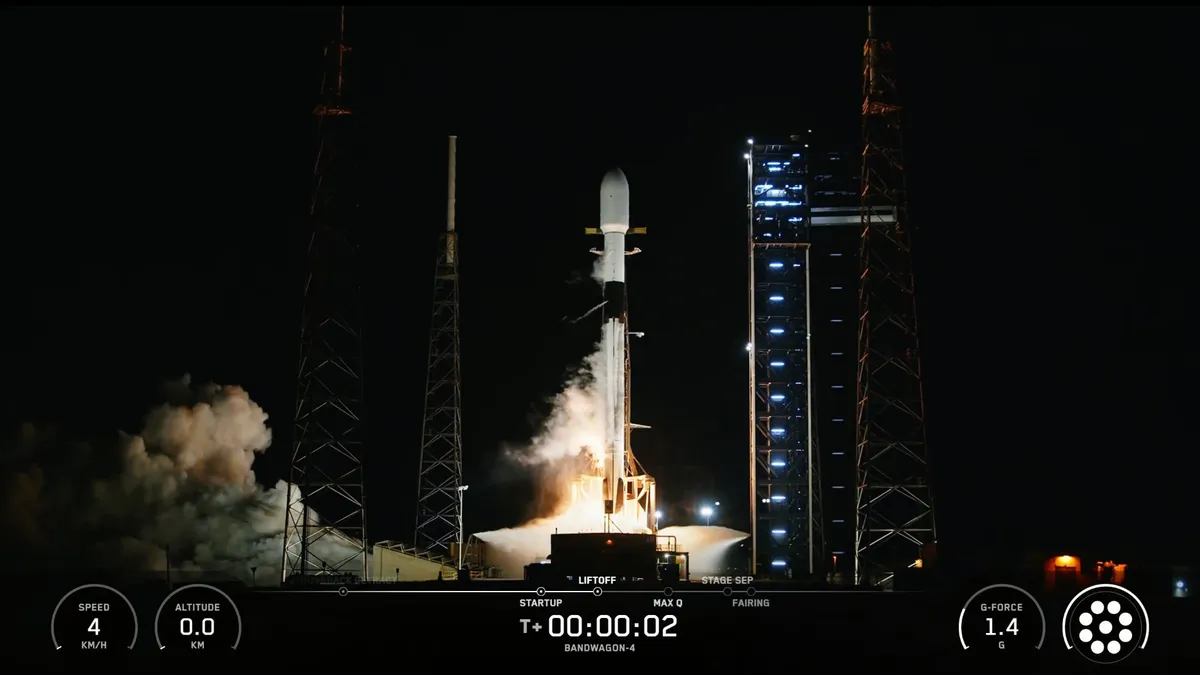
SpaceX has successfully launched a satellite that could significantly advance the development of a private space station in the near future. A Falcon 9 rocket lifted off from Cape Canaveral Space Force Station in Florida today at 1:09 a.m. EDT (0509 GMT), as part of a multi-satellite rideshare mission named Bandwagon-4.
Among the 18 payloads aboard the Falcon 9 is the Haven Demo, a pivotal pathfinder for the upcoming Haven-1, which is a private space station being developed by the California-based company Vast Space. This innovative satellite is designed to test critical systems that will be essential for Haven-1's functionality, including propulsion, flight computers, and navigation software. According to Vast, Haven Demo represents the first step in their iterative approach to building next-generation space stations.
Vast Space plans to launch Haven-1 into low Earth orbit (LEO) atop a Falcon 9 rocket, potentially as soon as the second quarter of 2026. If this timeline is met, Haven-1 will mark a historic milestone as the first standalone private space station in human history, capable of supporting up to four astronauts simultaneously.
The Falcon 9 mission today also included 17 other payloads from various organizations. These payloads will be operated by South Korea's Agency for Defense Development (ADD), the Berlin-based Exolaunch, Turkey's Fergani Space, the weather-forecasting company Tomorrow Companies, and Starcloud, which aims to establish data centers in space.
In a well-executed operation, the Falcon 9's first stage successfully returned to Earth approximately eight minutes after launch, landing at Cape Canaveral's Landing Zone-2. This mission marked the third flight for this particular booster, showcasing SpaceX's commitment to reusability.
After the first stage's recovery, the rocket's upper stage continued its journey, carrying the 18 payloads to orbit. The deployment of these satellites will occur over an hour-long timeframe, beginning approximately 12 minutes after liftoff with the separation of ADD's Korea 425 satellite.
Today's launch is part of the Bandwagon series, which is the fourth mission of its kind for SpaceX. The company also operates another rideshare program known as Transporter, which has successfully completed 14 launches to date. This ongoing commitment to expanding access to space demonstrates SpaceX's pivotal role in the evolving landscape of commercial space exploration.